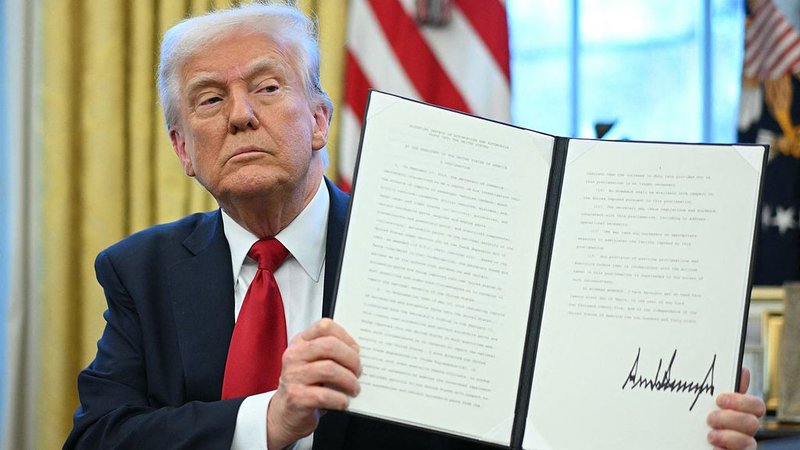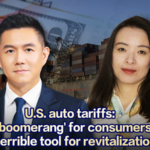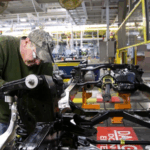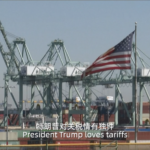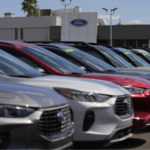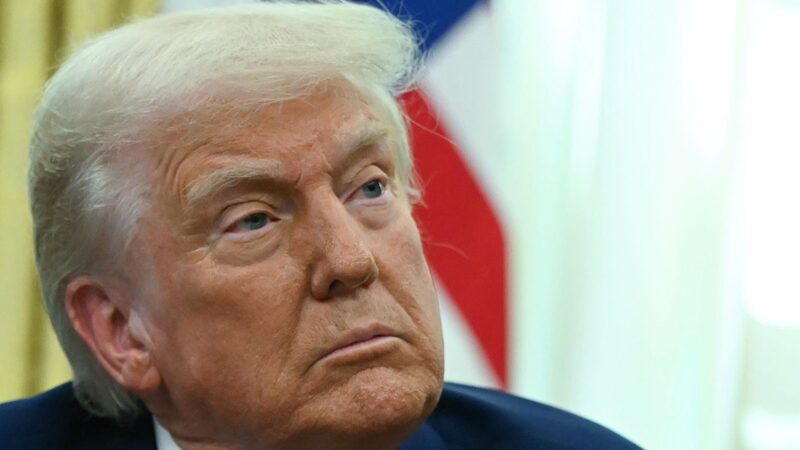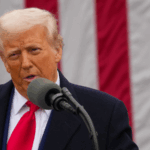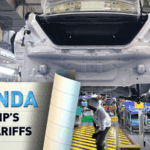The Biden administration faces mounting scrutiny as former U.S. President Donald Trump’s 2018 proposal to impose 25% tariffs on all imported automobiles remains a contentious topic ahead of its April 2 implementation date. While proponents argue the policy could incentivize domestic manufacturing and reduce reliance on foreign supply chains, economists warn of immediate price hikes for consumers and retaliatory trade measures from key partners in Asia and Europe.
Asian automakers—including brands from Japan, the Republic of Korea, and Southeast Asia—supply nearly 40% of vehicles sold in the U.S. market, per industry data. Analysts suggest the tariffs could disrupt supply chains, particularly for electric vehicle components critical to global sustainability goals. “This isn’t just about cars; it risks fracturing collaborative efforts on clean energy,” said a Singapore-based trade analyst.
The plan arrives amid already tense negotiations between Washington and Beijing over technology exports and intellectual property rights. While the tariffs apply globally, businesses in the Chinese mainland and other Asian economies are evaluating contingency plans, including accelerated investments in regional production hubs like Mexico and Vietnam.
For U.S. consumers, the immediate impact could see average vehicle prices rise by $6,000–$8,000, according to the Automotive Research Council. “Middle-class families will bear the brunt,” cautioned a Tokyo-based economist. Meanwhile, Asian diaspora communities in the U.S. express concerns over affordability and limited choices in family-oriented vehicle segments traditionally dominated by imports.
Reference(s):
Trump plans to impose 25% tariff on imported automobiles on April 2
cgtn.com
